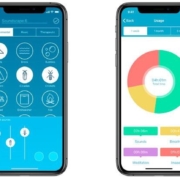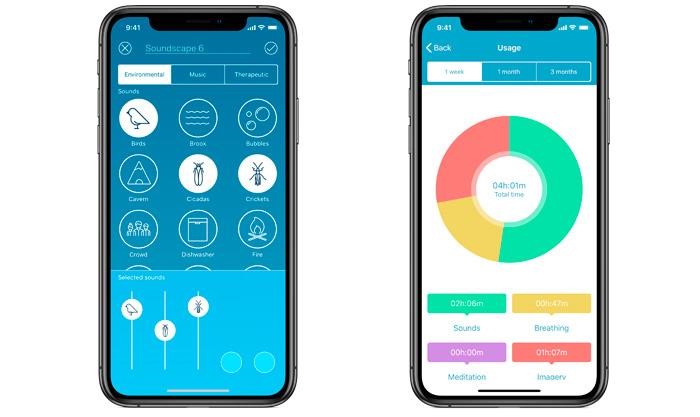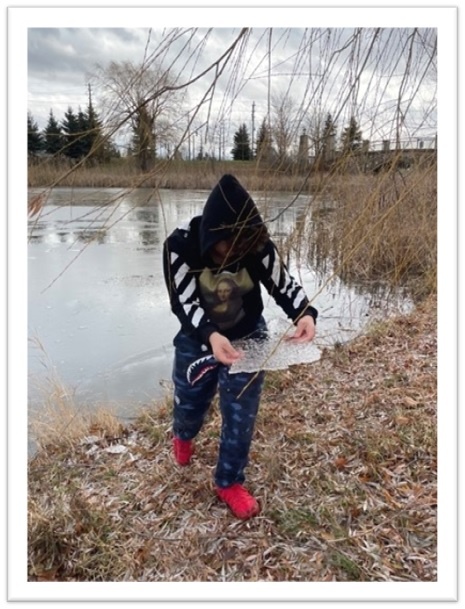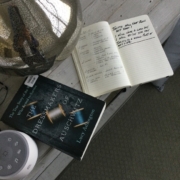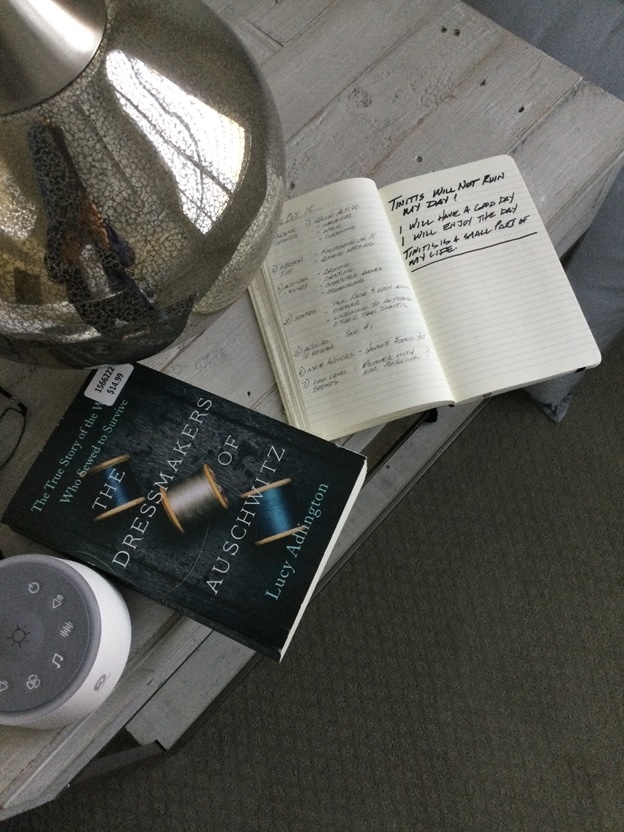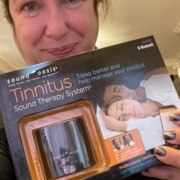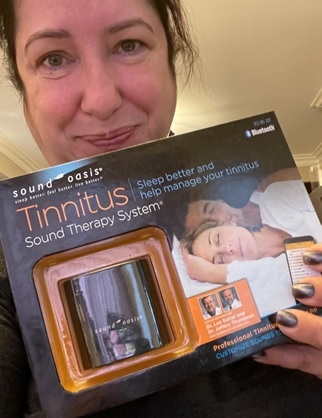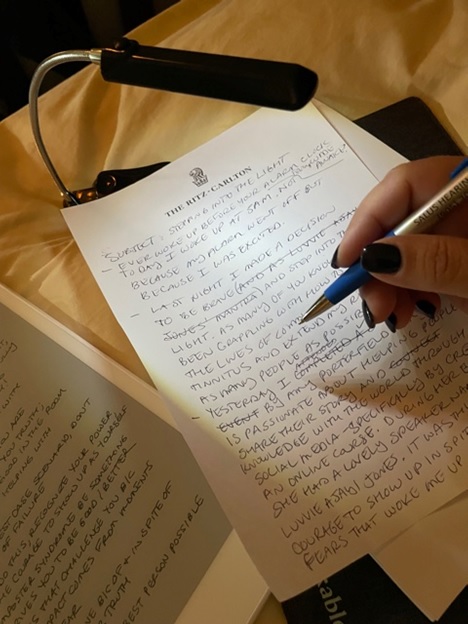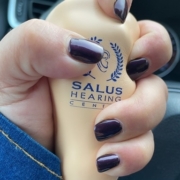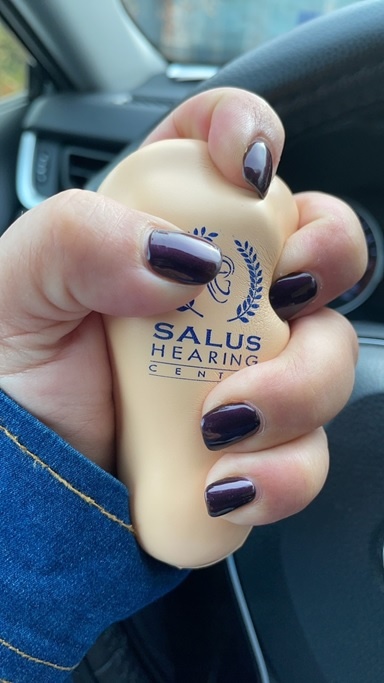Let’s Get Physical! Step It Up To Turn Down Your Tinnitus.

Happy new year!!!
Do you know what the most popular new year’s resolution is? You got it … to exercise more.
Regular exercise is not just for getting in shape but it can improve your health by preventing or managing health conditions, it improves your cognitive function, boosts your energy, promotes better sleep and improves your mood. It’s only logical then that it will also improve your tinnitus.
We know that when we are distracted with an activity that the perception of our tinnitus diminishes. Make exercise a sensory rich experience by listening to music, an audiobook, or podcast while using your treadmill. Of course, walking outdoors is best, if possible, as you not only will have visual and audio distractions but you will also get fresh air and the added bonus of vitamin D from the sun. Canadians are known to be deficient in Vitamin D, especially in the winter months. This can increase the risk of seasonal affective disorder (SAD). If you’re a stranded snowbird due to COVID this year and need sunshine, light therapy using bright artificial light is often helpful. This “sunshine vitamin” is also used by our body to absorb the calcium it needs to build and maintain our bones. Speak to your doctor to find out if your vitamin D level is optimal and what foods and/or vitamins are recommended to boost it, if needed.
Having good physical health will also help you manage stress better. In my blog on stress and tinnitus, I explained how stress increases tinnitus. The key is consistency, that is regular physical activity. Health Canada recommends 150 minutes of moderate to vigorous intensity aerobic physical activity per week, in bouts of 10 minutes or more. Exercise can be fun and social. Find an activity you enjoy, that gets your heart rate up and strengthens your muscles and bones.
I know it’s a little harder to get physical activity in the winter but there are lots of options that winter brings such as skating, snow shoeing, skiing and if you’re up to it … shoveling snow (just remember to bend your knees!). As you can see from my blog photo, I prefer to have my son do the shoveling at our house. There are lots of indoor sports and activities you can explore too. I loved playing squash but a knee injury has made that impossible now. I’m looking to start private lessons instead to learn how to play badminton, as my new year’s resolution is to increase exercise as well. Tonight, I’m dusting off our Xbox game console and challenging my teen son to a Just Dance competition.
Remember that tinnitus is just a small part of our lives, so tune it out by staying active and enjoying your life. Wishing you all a healthy and happy 2022!





